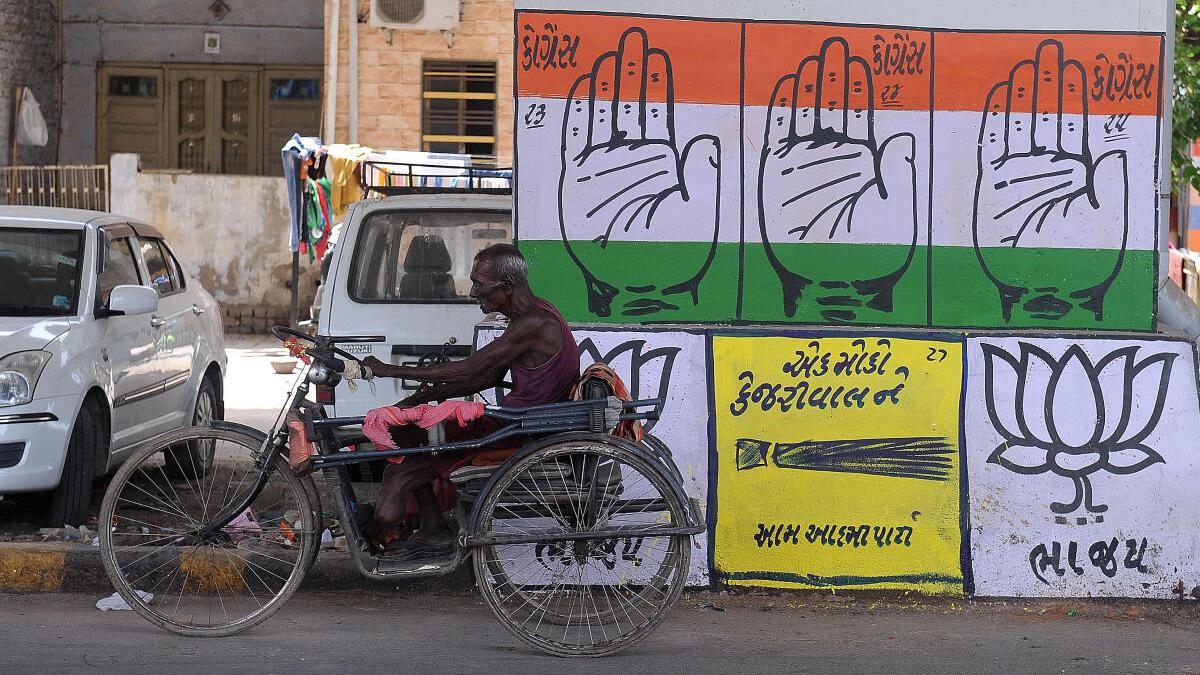
Electoral bonds vs Electoral Trusts | What are they and how do they differ?
The Hindu
Supreme Court directive reveals electoral bond scheme details, exposing massive BJP funding edge via trusts and bonds.
The story so far: Following a stern directive from the Supreme Court, the State Bank of India (SBI) released all details of the electoral bond scheme, except donors’ bank account numbers and their Know Your Customer (KYC) details to the Election Commission (EC), which has now published it on its website. Last month, the apex court deemed the ‘Electoral Bonds scheme, 2018’ unconstitutional, stating that it violated voters’ right to information about political funding and facilitated a quid pro quo culture.
In its February 15 order, the Court directed SBI to furnish details of the donors, recipients and the bonds encashed by the parties till date by March 6, adding that the electoral bonds scheme provided “blanket anonymity in financial contributions.” It also refused the bank’s request seeking till June 30 to furnish the details – after the General Assembly polls – stating the details were ‘readily available’ with the bank.
Prior to the ECI publishing the electoral bonds’ data, a Reuters investigation revealed that the BJP’s biggest donor of $204 million (₹1693 crores) was Prudent Electoral Trust. The trust, which was created in 2013 after the UPA government introduced the ‘Electoral Trust Scheme 2013’, facilitated tax-exempt contributions to parties by corporations and individuals, reducing cash contributions in campaign financing.
These two instruments – electoral trust and electoral bonds – have contributed to the BJP’s electoral war chest of over Rs 10,000 crore till date, giving the ruling party a massive edge over all Opposition parties combined ahead of the Lok Sabha elections scheduled to be held from April 19 to June 1.
Here’s a look at both the schemes and how they differ.
Definition & contributions
An Electoral Trust (ET) is a body registered under the Companies Act, 1956, solely tasked with distributing contributions received from individuals or companies to political parties. Electoral trusts were set up under the Electoral Trusts Scheme, 2013 with the Centre framing rules for the eligibility and procedure for registering such trusts on January 31, 2013.

The girl, who was admitted to Aster CMI Hospital with alarming breathlessness and significant pallor, was diagnosed with Wegener’s Granulomatosis (now known as Granulomatosis with Polyangiitis or GPA), a rare autoimmune condition that causes spontaneous bleeding in the lungs, leading to acute respiratory failure.

ACB files case against IPS officer N. Sanjay in Andhra Pradesh. The official is accused of manipulating the tender processes for awarding contract for development and maintenance of AGNI-NOC portal, and conducting awareness meetings for SC/STs. It is alleged that the total value of properties stolen, or involved in the case is estimated at ₹1,75,86,600.









